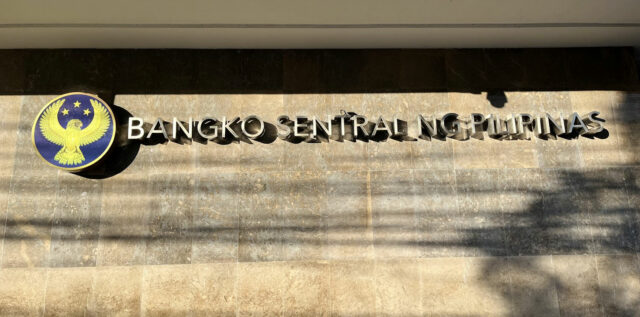North Korea says its latest satellite launch exploded in flight
SEOUL/TOKYO – North Korea said its attempt to launch a new military reconnaissance satellite ended in failure on Monday when a newly developed rocket engine exploded in flight.
The attempt came just hours after Pyongyang issued a warning that it would try to launch a satellite by June 4, in what would have been its second spy satellite in orbit.
Instead, the launch became the nuclear-armed North’s latest failure, following two other fiery crashes last year. It successfully placed its first spy satellite in orbit in November.
“The launch of the new satellite carrier rocket failed when it exploded in mid-air during the flight of the first stage,” the deputy director general of North Korea’s National Aerospace Technology Administration said in a report carried by state media.
An initial analysis suggested that the cause was a newly developed liquid fuel rocket motor, but other possible causes were being investigated, the report said.
Officials in South Korea and Japan had earlier reported that the launch seemed to have failed.
North Korea fired the projectile on a southern path off its west coast at around 10:44 p.m. (1344 GMT), the South’s Joint Chiefs of Staff (JCS) said.
The JCS said it detected a large amount of debris from the rocket in the sea just two minutes after launch.
The object launched by North Korea disappeared over the Yellow Sea, Japanese Chief Cabinet Secretary Yoshimasa Hayashi told reporters.
“These launches are in violation of relevant security council resolutions and are a serious matter concerning the safety of our people,” Hayashi said.
The United States condemned the launch, “which incorporated technologies that are directly related to the DPRK’s ballistic missile program and took place in violation of multiple UN Security Council resolutions,” a State Department spokesperson said.
The launch came hours after China, South Korea, and Japan wrapped up a rare three-way summit in Seoul.
South Korean President Yoon Suk Yeol and Japanese Prime Minister Fumio Kishida had called on North Korea not to go ahead with the launch. Chinese Premier Li Qiang did not mention the launch, but called on all parties to lower tensions on the peninsula.
Japanese public broadcaster NHK showed video of what appeared to be an orange dot flying into the night sky and then bursting into flames in an area close to the border between China and North Korea.
The launch sparked public alerts in several areas of Japan that were later withdrawn after it became clear the rocket would not fly over the islands.
SEVERAL FAILURES, ONE SUCCESS
The North’s first bid to launch the new Chollima-1 satellite rocket, on May 31 last year, ended after a failure in the second stage. State media blamed that setback on an unstable and unreliable new engine system and fuel.
South Korea retrieved the wreckage of that satellite from the sea and said an analysis showed it had no meaningful use as a reconnaissance platform.
Another attempt in August also ended in failure, with stages of the rocket boosters experiencing problems resulting in the payloads crashing into the sea.
North Korea’s space authorities had described the August failure after the rocket booster experienced a problem with its third stage as “not a big issue” in terms of the rocket system’s overall reliability.
In February, US space experts said North Korea’s first spy satellite, dubbed the Malligyong-1, was “alive,” after detecting changes in its orbit that suggested Pyongyang was successfully controlling the spacecraft – although its capabilities remain unknown.
North Korean state media reported that the satellite had transmitted photos of the Pentagon and White House, among other areas, but has not released any of the images.
The successful November launch was the first after North Korean leader Kim Jong Un made a rare trip abroad in September and toured Russia’s most modern space launch center, where President Vladimir Putin promised to help Pyongyang build satellites.
Neither country has elaborated on the extent of that future aid, which could violate UN Security Council resolutions against North Korea.
Russian experts have visited North Korea to help with the satellite and space rocket program, South Korea’s Yonhap news agency reported, citing an unnamed South Korean senior defense official.
Pyongyang has said it needs a military reconnaissance satellite to boost monitoring of US and South Korean military activities. – Reuters












